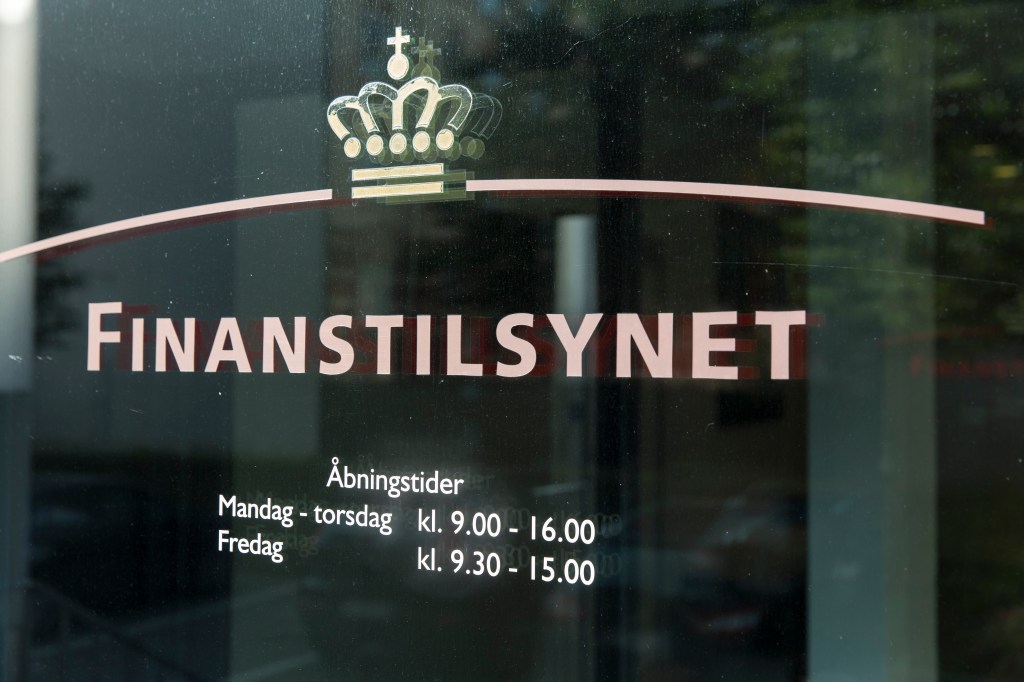The advocate-general of the European Court of Justice has upheld a fine of €4.124 billion ($4.75 billion) against tech giant Google that was imposed by the European Commission in July 2028.
The original fine was €4.343 billion ($5 billion), which was reduced to €4.124 billion in September 2022 after Google appealed before the
But in a press
Register for free to keep reading
To continue reading this article and unlock full access to GRIP, register now. You’ll enjoy free access to all content until our subscription service launches in early 2026.
- Unlimited access to industry insights
- Stay on top of key rules and regulatory changes with our Rules Navigator
- Ad-free experience with no distractions
- Regular podcasts from trusted external experts
- Fresh compliance and regulatory content every day












